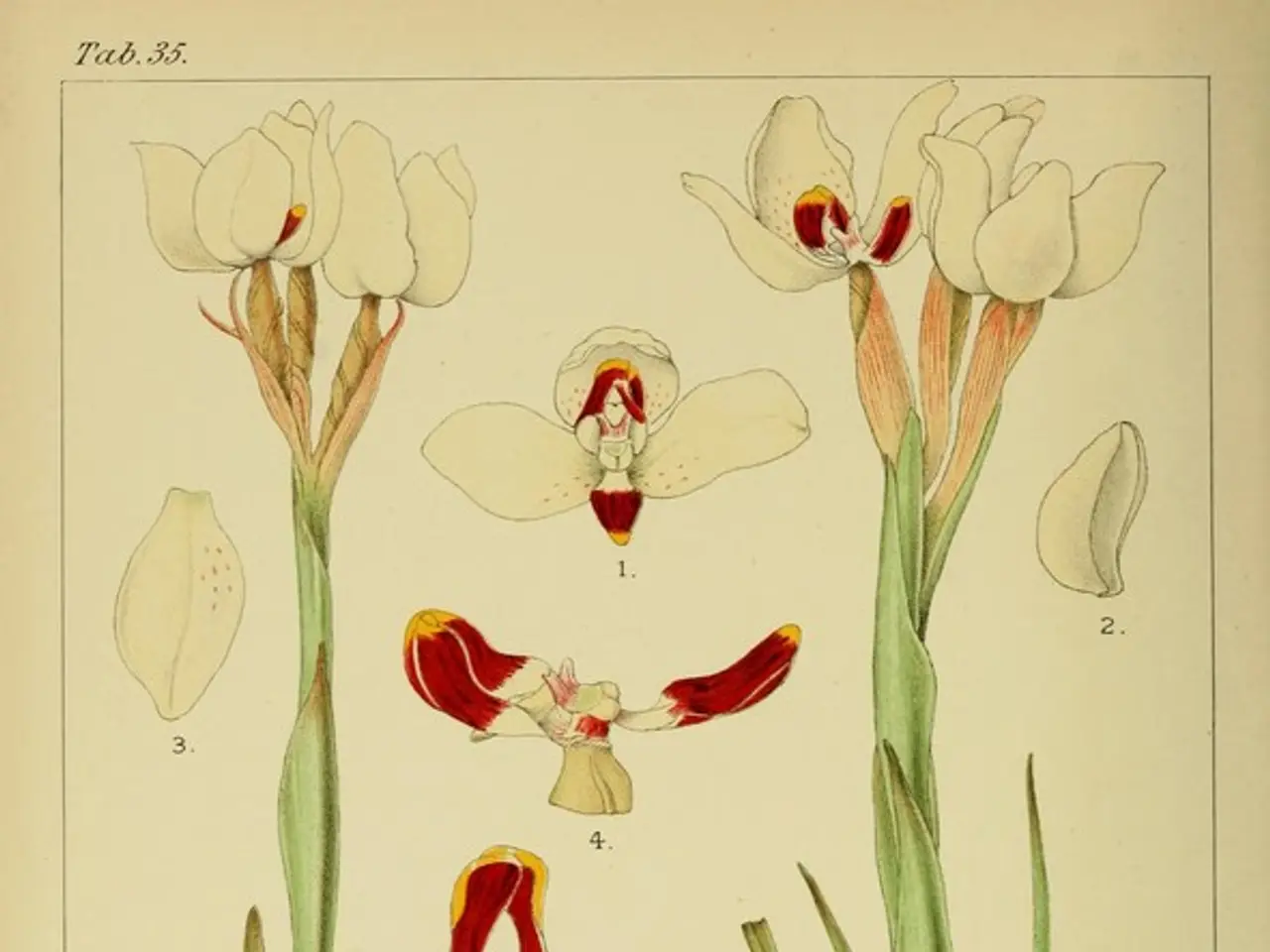Garden-Friendly Plants That Repel Pests and Insects
In the pursuit of a pest-free garden, chemical insecticides are not the only solution. Nature has provided us with a plethora of plants that naturally repel insects and pests, creating a harmonious environment for both flora and fauna. Here's a rundown of some of these beneficial plants and how to cultivate them for an insect-free garden.
Marigolds
These vibrant flowers are common in Indian households and are not just visually appealing but also useful for keeping pests at bay. Marigolds repel aphids, nematodes, rabbits, and mosquitoes. They contain compounds like pyrethrum, which is used in insect repellents, making them a powerful natural deterrent.
Lavender
Lavender, with its sweet aroma, is not only pleasing to the senses but also repels moths, fleas, mosquitoes, and is especially effective against mosquitoes. You can extend the bloom period of lavender by pinching off dead flowers as soon as possible. Moreover, lavender oil can be used as a mosquito repellent by rubbing it on exposed skin.
Basil
Basil is a herb that not only adds flavour to your meals but also keeps away flies and mosquitoes. It is a natural companion plant for pest control. To ensure basil plant survival, place it in a warm, sunny location and water it at the base rather than over the leaves.
Chrysanthemums
Chrysanthemums are another type of flower that repel a variety of pests, including beetles, bedbugs, ants, silverfish, ticks, and mosquitoes. They are ideal for homes that are frequently overrun with pests or for individuals who are "insect magnets." To extend the bloom period of chrysanthemums, pinch off dead flowers as soon as possible.
Petunias
Petunias, known for their bright colours, can be grown in garden beds, pots, or hanging baskets. While they are considered nature's pesticide due to their ability to attract various pests, they also help in keeping the garden pest-free by trapping and devouring bugs.
Rosemary
Rosemary is a versatile plant that repels insects harmful to plants and mosquitoes. Rosemary plant cuttings and sprays are effective and long-lasting.
Mint
Mint's strong menthol-rich aroma repels mosquitoes and flies. It is best grown in containers because it spreads quickly.
Chives and Garlic
Chives and garlic repel aphids and Japanese beetles due to their sulfur-containing compounds.
Lemon Thyme
Lemon thyme is more effective at repelling mosquitoes than other thyme varieties.
Citronella Grass and Lemongrass
These plants are particularly prized for their mosquito-repelling properties.
These plants work by producing scents or compounds that pests find unpleasant or toxic, making them excellent natural deterrents in gardens without the use of chemical insecticides.
- Marigolds, rich in the compound pyrethrum, repel various pests like aphids, nematodes, rabbits, and mosquitoes, making them a potent natural deterrent in gardens.
- For homes with mosquito problems, growing lavender, with its sweet aroma that repels fleas, mosquitoes, and moths, can provide a natural solution.
- Basil, a versatile herb, keeps flies and mosquitoes at bay and can be cultivated in a sunny location to ensure its survival.
- Chrysanthemums, with their pest-repelling properties against beetles, bedbugs, ants, silverfish, ticks, and mosquitoes, are ideal for insect-prone homes.
- Petunias, known for their ability to trap and devour bugs, can be grown in various containers like garden beds, pots, or hanging baskets for a pest-free environment.




